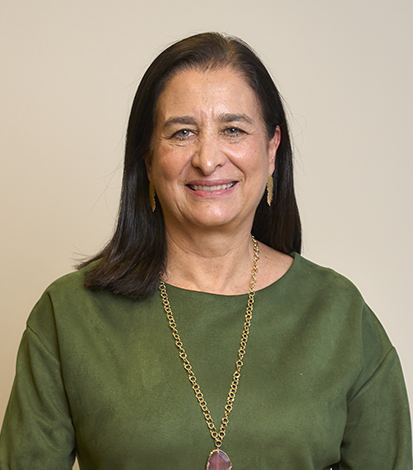
“Further and further away from one-size-fits-all” By Ornella Bono
Each individual brings something unique to the table, and that mix of perspectives, skills and experiences is what strengthens and enriches both organizations and society as a whole.
It is increasingly common for people with decades of work experience to ask themselves these questions: What is my purpose? What is the path I want to follow? This moment of self-questioning has become a common turning point, marking the beginning of a desire for change. Inspired by Mark Zuckerberg’s famous quote, “the biggest risk is to take no risk,” many are daring to make a turnaround in their professional lives.
In its Global “Human Capital Trends” report, Deloitte makes this trend abundantly clear, showing that, rather than an orderly and sequential progression from one job to the next, 21st century careers are non-linear, and can be understood as a series of developmental experiences, each offering the opportunity to acquire new skills, perspectives and criteria.
Today, workers are not limited to one organization, industry or even profession, because they do not see vertical growth as the only possible path and are open to entrepreneurship on their own.
Although it is a phenomenon that is now more present, it is interesting to understand why it occurs. This is where the resignification of the work environment gains strength. Today we find people who understand their jobs as a space for self-realization, in which purpose is a fundamental pillar. This way of seeing things means that the possibilities, which used to be limited, are now multiple. It also demands an important level of self-knowledge and honesty, in order to recognize what I want, but also to identify the skills and gaps that need to be closed to achieve the objectives, as well as the possible consequences, because choosing non-linear trajectories can make it more difficult to opt for senior management positions, on the one hand, and on the other, not all employers favor this type of profile. Nor can we forget that, for others, work is just work.
For those of us in the organizational world, the challenge is great, because we must be able to deliver solutions for professionals with almost opposing interests. We may find that the executive who stands out in sales areas does not want to be the commercial manager and lead his peers. At the same time, there is the analyst who does aspire to that, so it is important to measure their skills in that area and enhance them. Although it may seem very dichotomous, identifying the specialists from the generalists is a first step to design career development plans in line with the styles of each one.
Another challenge is to achieve high-performance teams. How do we get talented people to choose us and stay? The key has to do with understanding that, beyond economic compensation, we must be able to align ourselves with what they are really looking for. And here it is central to be clear that those who enjoy work challenges also want to be part of something bigger. A clear purpose. A good organizational culture. Development opportunities. More creative benefits.
The world of work will continue to evolve, and the one-size-fits-all approach that worked for previous generations no longer fits today. Each individual brings something unique to the table, and that mix of perspectives, skills and experiences is what strengthens and enriches both organizations and society as a whole.

Ornella Bono
Ornella Bono is a founding partner and Director of Humanitas Cornerstone.


Leave a comment: